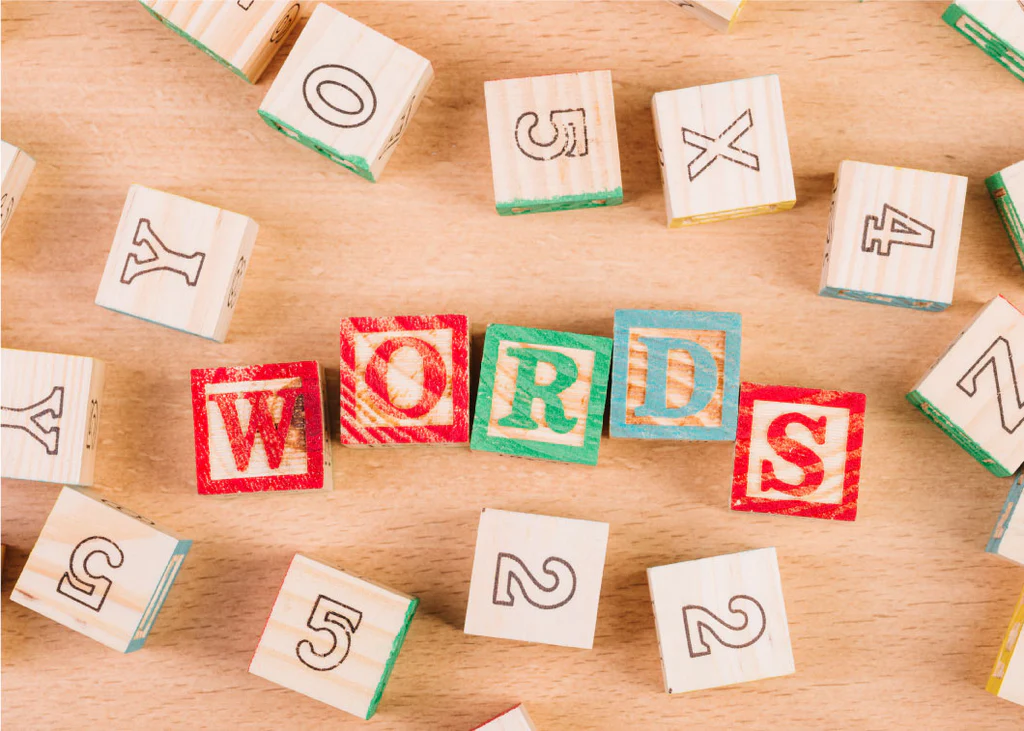Crossword practice builds better word use and memory, which helps the brain work faster to find the right words during thinking or writing. Regular solving improves how people recall words and adds new terms to their knowledge through steady exposure and mental effort. The cognitive benefits accumulate progressively as consistent practice builds neural efficiency. Engaging in פתרון תשבצים regularly transforms passive vocabulary knowledge into actively accessible word stores that respond quickly during both puzzle solving and everyday communication situations.
Active retrieval training
When solvers initially need עזרה בתשבץ crossword assistance for certain clue categories, continued practice makes those same clue types progressively easier as retrieval paths strengthen through repetition.
- Synonym generation during clue interpretation exercises mental thesaurus access, pulling related terms from semantic memory networks
- Definition matching requires connecting descriptive clues to corresponding words, testing comprehension depth beyond superficial familiarity
- Anagram solving demands letter manipulation skills alongside vocabulary knowledge, creating a dual cognitive challenge
- Fill-in-the-blank clues practice phrase completion abilities that extend to everyday conversational fluency and writing
These varied retrieval exercises work different mental systems, creating comprehensive vocabulary strengthening that narrow practice methods cannot achieve through their limited cognitive engagement patterns.
Vocabulary expansion happens
Crosswords introduce uncommon words that everyday conversation rarely includes, expanding passive vocabulary that solvers can recognise and potentially use. The contextual presentation through clues provides meaning frameworks that abstract dictionary definitions sometimes lack, making new word learning more effective. Repeated meetings with the same rare words in different puzzles help the mind remember them better. This happens through spaced learning, which research shows is the best way to keep knowledge for long. Old words, special terms, and expert language appear in crosswords and help solvers see a wide range of words that normal reading may not give. This exposure creates recognition vocabulary even when active usage doesn’t develop immediately. The broad lexical familiarity proves valuable in academic, professional, and social contexts where encountering diverse terminology becomes increasingly likely as communication channels expand globally.
Speed increases naturally
Processing efficiency improves as solvers develop automatic recognition of common clue patterns and frequent answers, eliminating the conscious deliberation that initial solving required.
- Clue-skimming skills develop, allowing rapid identification of the easiest entries worth immediate attention versus the difficult clues requiring later consideration
- Grid navigation efficiency improves as solvers learn optimal solving paths, maximising information gained from each completed answer
- Elimination strategies become automatic, quickly discarding impossible answers based on letter constraints from crossing entries
- Confidence building reduces hesitation time as accumulated success creates trust in intuitive answer selections
These speed improvements compound over practice time as multiple efficiency gains combine, creating dramatic completion time reductions between novice and experienced solver performance levels. Crossword practice improves word recall through active retrieval training that strengthens memory pathways, vocabulary expansion, introduces uncommon terms in meaningful contexts, natural speed increases from developed pattern recognition, neural pathway strengthening, creates lasting brain adaptations, and contextual learning, deepening that enhances practical language use. These combined benefits make regular crossword solving a valuable cognitive exercise, producing measurable improvements in both specialised puzzle performance and general verbal abilities that extend across diverse communication situations throughout daily life.

